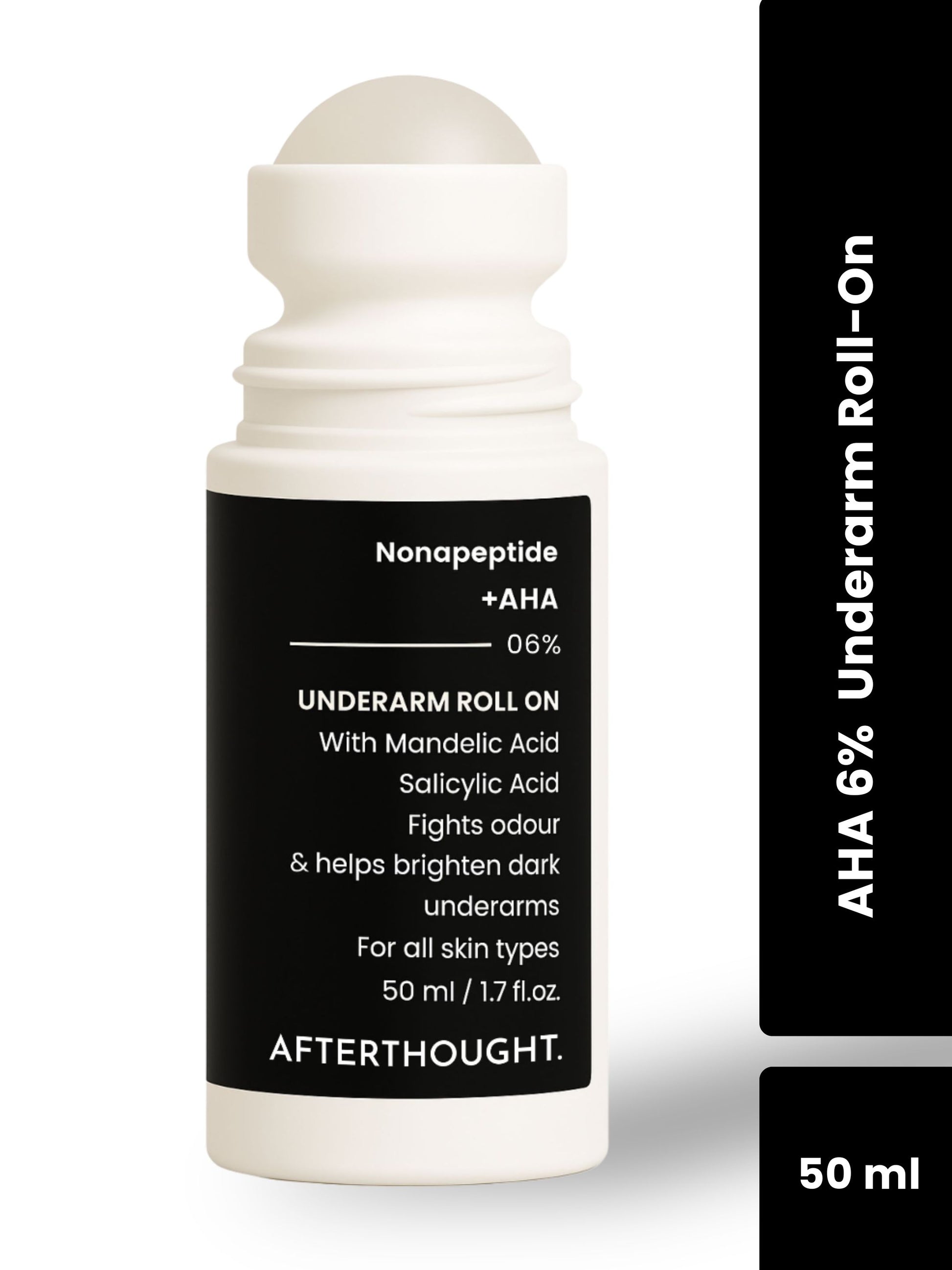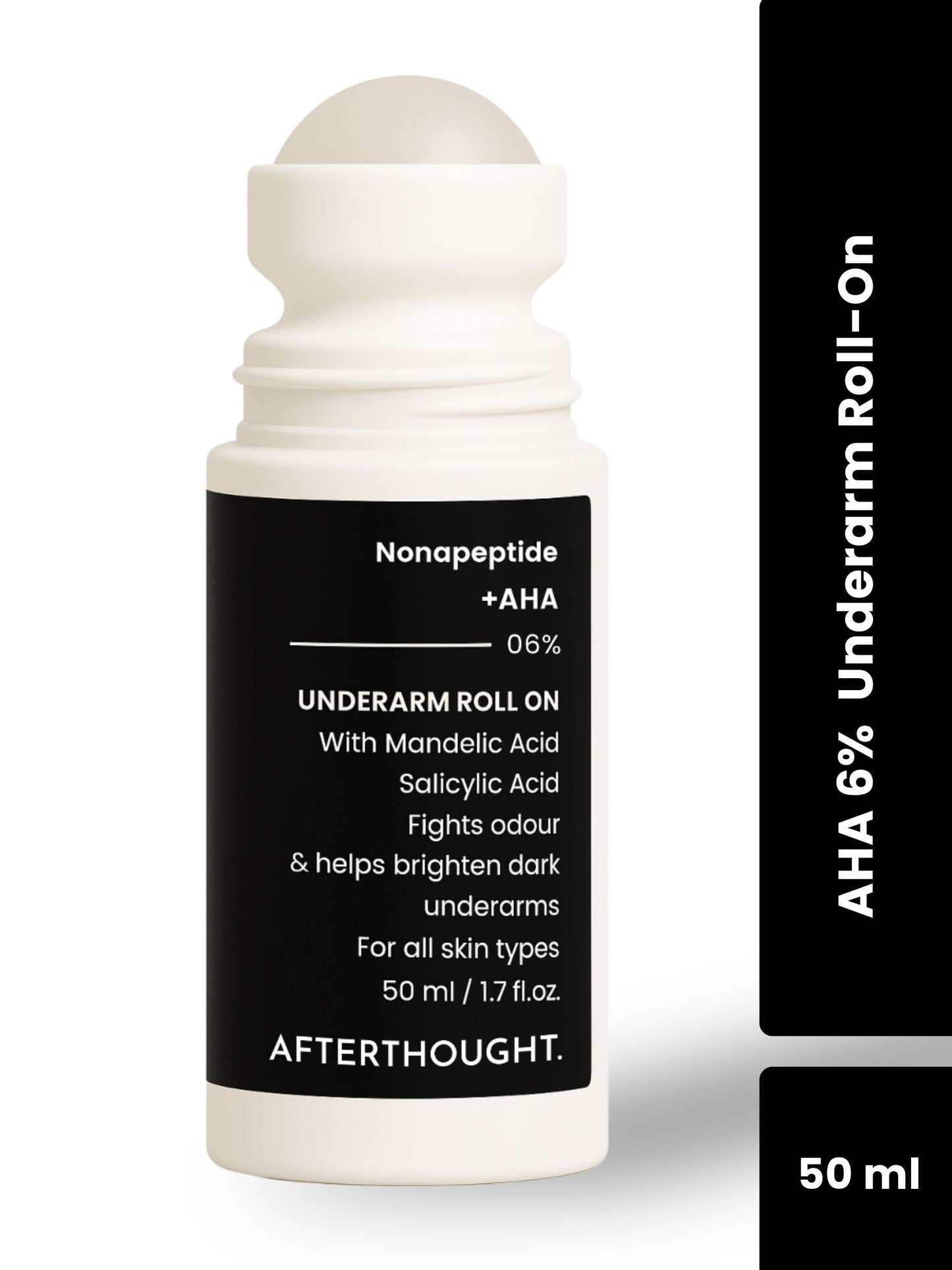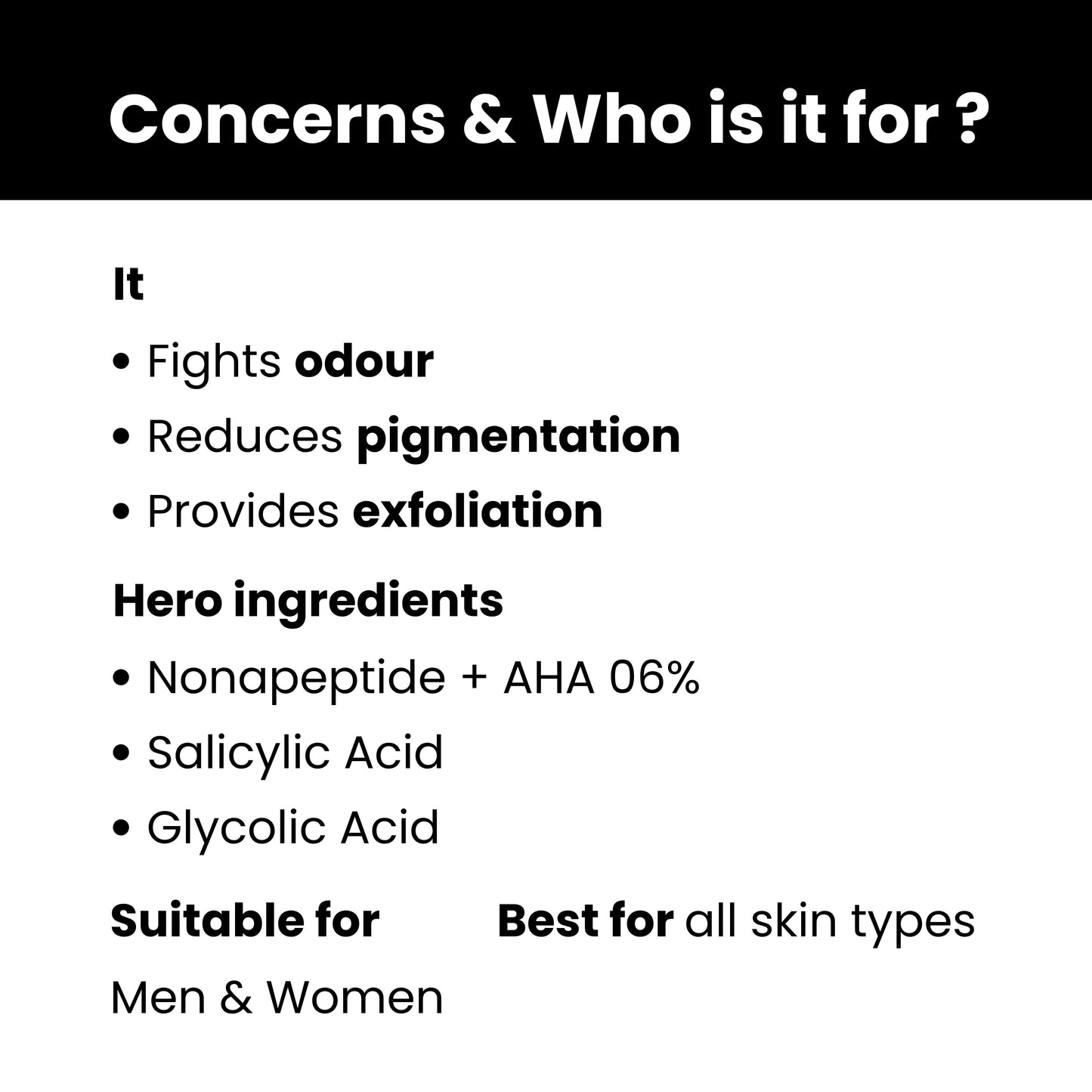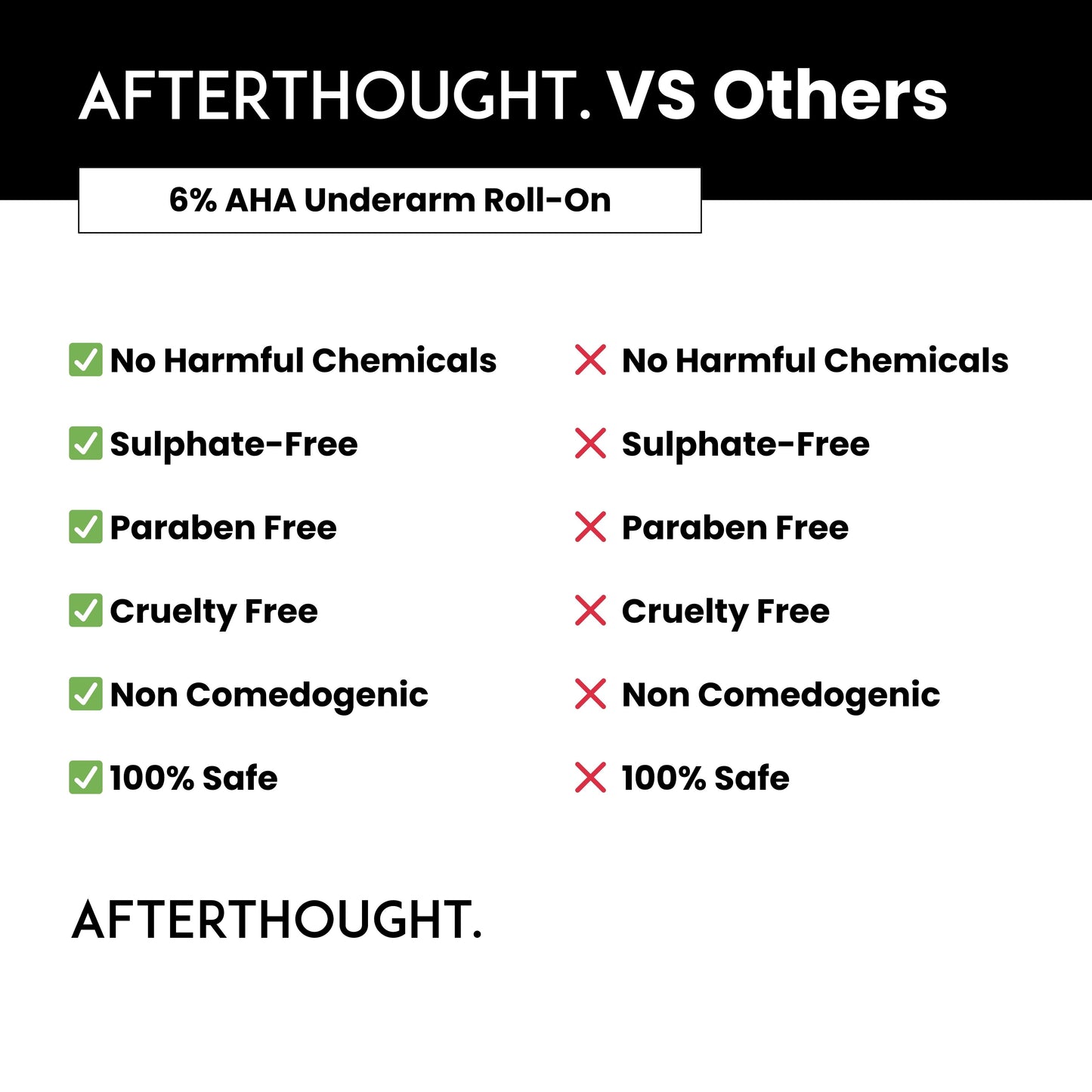How To Avoid Underarm Odor?
Underarm odor is a common concern, but it is often manageable with the right approach. This article provides a thorough guide to understanding, preventing, and addressing underarm odor effectively. Welcome to Afterthought.
Understanding Underarm Odor
Underarm odor is primarily caused by the interaction between sweat and bacteria on the skin. The human body has two types of sweat glands: eccrine and apocrine. Eccrine glands are responsible for regulating body temperature by producing a clear, odorless sweat.
Apocrine glands, located primarily in the underarms and groin, produce a thicker sweat that, when broken down by bacteria, can result in an unpleasant smell.
1. Maintain Proper Hygiene
Regular Washing
The simplest and most effective way to prevent underarm odor is to wash the area regularly. Use a gentle, antibacterial soap to cleanse your underarms daily. This helps remove sweat and bacteria, reducing the likelihood of odor.
Dry Thoroughly
After washing, make sure to dry your underarms thoroughly. Bacteria thrive in moist environments, so keeping your skin dry can help prevent odor.
2. Choose the Right Clothing
Breathable Fabrics
Opt for clothing made from natural, breathable fabrics like cotton. These materials allow better air circulation and wick moisture away from the skin, reducing the growth of bacteria.
Avoid Tight Clothing
Tight clothing can trap sweat and heat, creating an ideal environment for bacteria to flourish. Choose looser-fitting clothes to allow for better ventilation.
3. Use Antiperspirants and Deodorants
Antiperspirants
These products work by blocking sweat glands to reduce perspiration. Look for antiperspirants that contain aluminum salts, which are effective in reducing sweat production.
Deodorants
While deodorants do not prevent sweating, they help mask odor with fragrance. Some deodorants also contain antibacterial agents to reduce the bacteria that cause odor.
4. Stay Hydrated and Eat a Balanced Diet
Drink Plenty of Water
Staying hydrated helps regulate your body's temperature and can dilute the substances in sweat that cause odor. Aim to drink at least eight glasses of water daily.
Healthy Eating
A balanced diet can impact body odor. Foods high in fiber, fruits, and vegetables help flush toxins out of the body, while spicy foods and red meats can sometimes contribute to stronger odors. Incorporate a variety of healthy foods to maintain a neutral body odor.
5. Explore Natural Remedies
Baking Soda
Baking soda can act as a natural deodorizer. Apply a small amount to your underarms to help absorb sweat and neutralize odors.
Apple Cider Vinegar
Apple cider vinegar has antibacterial properties. Dilute it with water and apply it to your underarms to help reduce bacterial growth and odor.
Tea Tree Oil
Known for its antimicrobial properties, tea tree oil can be used as a natural remedy for underarm odor. Dilute it with a carrier oil and apply it to the underarms to help combat bacteria.
6. Manage Stress
Stress Reduction
High stress levels can lead to increased sweating, particularly from apocrine glands. Practice stress management techniques such as deep breathing, meditation, or exercise to help regulate your sweat levels.
7. Regularly Exfoliate
Exfoliation
Dead skin cells can contribute to body odor by trapping sweat and bacteria. Exfoliate your underarms once a week to remove dead skin cells and keep the area clean.
8. Consider Medical Treatments
Prescription Products
If over-the-counter products are not effective, consult a healthcare provider about prescription-strength antiperspirants or other treatments.
Botox Injections
For severe cases of sweating, Botox injections can temporarily block the nerves that stimulate sweat glands, providing relief from excessive perspiration.
9. Maintain a Healthy Weight
Weight Management
Excess weight can contribute to increased sweating and odor. Maintaining a healthy weight through a balanced diet and regular exercise can help reduce sweat production and associated odors.
10. Monitor for Underlying Conditions
Medical Check-Up
Persistent or unusual body odor may sometimes indicate an underlying medical condition. If you notice significant changes in body odor or other symptoms, consult a healthcare provider for a thorough evaluation.
Conclusion
Underarm odor can be effectively managed with a combination of good hygiene practices, appropriate clothing choices, dietary adjustments, and the use of deodorants and antiperspirants.
By following these tips and exploring natural remedies, you can keep underarm odor at bay and feel more confident throughout your day. If problems persist, seeking professional medical advice is always a good step toward finding a suitable solution.
Also Read: What Causes Smelly Underarms?








